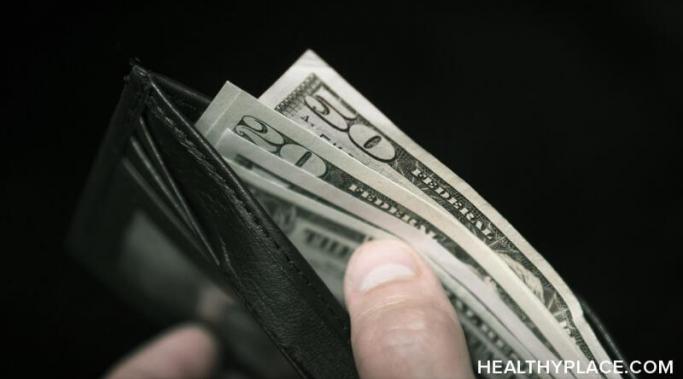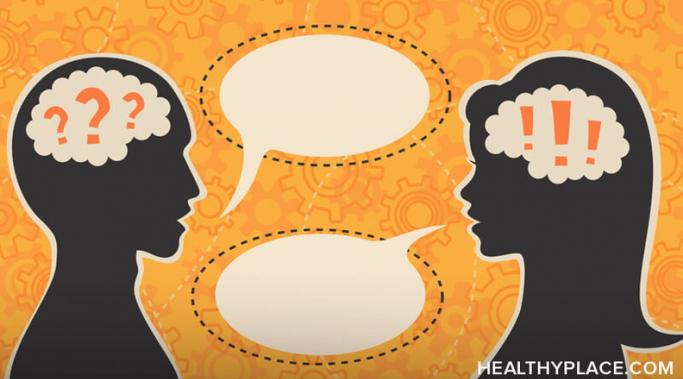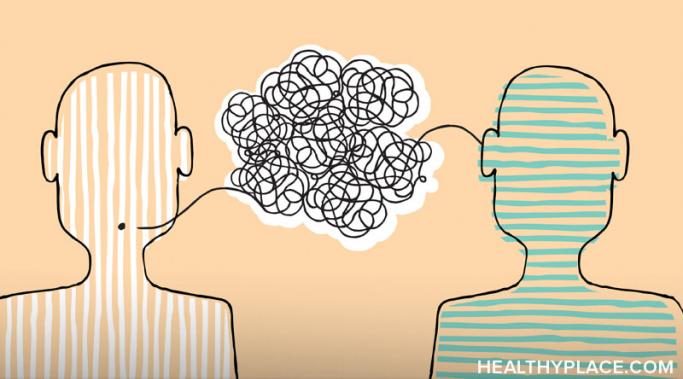Talking to kids about verbal abuse and bullying is an important part of preparing your children for the rocky road of adolescence. By discussing the realities of bullying in school, how to respond to it, who to talk to, and how to treat others you are equipping your child with invaluable life skills and contributing to the prevention of bullying in your community. Bullying has a profound impact on the mental and social well-being of children, from the time they are youngsters in elementary school to budding adults in high school. Educating our youth on how to treat others and how they should act in the case they mistreated is an investment in our kids and something every parent and teacher should make a priority. Read on for five important points to discuss with your child about verbal abuse and bullying.
Verbal Abuse in Relationships
Financial abuse -– also called economic abuse –- happens in most abusive relationships, but the signs are not always obvious. Financial abuse isn't just someone being tight with money or asking you to limit your spending for the good of the household; it is a form of coercive control that acts as a barrier to your independence and reinforces emotional abuse such as gaslighting and coercion. So how do you define financial abuse and what are the risks?
Technology is enabling a new breed of domestic violence: tech abuse in relationships. With the rise of tracking software, geotagging, Internet banking apps and social media, abusers now have more tools in their arsenal than ever before. This issue poses more questions than answers, such as who is addressing the role of tech abuse in controlling or violent relationships? And can technology ever be part of the solution, rather than just the problem? Let's examine tech abuse and the role of technology in abusive relationships.
Consequences of verbal abuse can creep up on anyone suffering abuse, causing severe and lasting effects. Verbal abuse in relationships begins slowly and then typically gets progressively worse, the abuse serving as a catalyst for dangerous psychological consequences for the victim. A verbally abusive relationship can cause a person to become plagued with depression, mood swings, lowered self-esteem, misplaced guilt, isolation, loneliness, and posttraumatic stress disorder (PTSD). Although these negative side effects may outlast the relationship itself, they are not generally permanent and can be treated and overcome completely. Continue reading to find out more about these seven consequences of verbal abuse.
Threats are abuse and are considered obvious signs of abuse in a relationship. After all, a threat is pretty easy to recognize, isn't it? Not always. Threats can be veiled with humor or hidden within an argument, but, if we dig a little deeper, the perpetrator's message is clear: If you don't do what I want, I'll make you regret it. Making any kind of threat in a relationship is a power play that seems obvious on the surface, but it can be difficult to spot. Threats are abuse, so how are threats hidden in seemingly normal relationships and how can we call them out?
Talking about verbal abuse isn't easy. Have you ever brought up the issue of verbal abuse in a conversation and instantly been met with an eye roll, groan, or grimace? If the answer is yes, you're not alone. People don't generally like to talk about verbal abuse and even less, be accused of verbal abuse, especially if you're using the words "verbal abuse." In this modern age of politically correct and technical language and the aversion that comes with it, how do we begin talking about verbal abuse, a rampant issue that affects nearly everyone at one point in their lives?
Knowing what to say to an emotional abuse survivor is tough – I get it. Having been on the receiving end of a lot of unsolicited advice both in and out of an abusive relationship, I know that people tend to say the wrong thing more often than not, and that's generally okay. Most of the time, our loved ones mean well; they just don't know what to say. It's not their fault, either. Topics like emotional abuse and coercive control are seldom discussed, and when they are discussed it's usually in the media, where victim blaming is very much alive and well. However, what you say to a friend or loved one in recovery from verbal abuse counts for a lot, so here's what not to say to verbal and emotional abuse survivors.
Victim blaming is alive and well. Last week, actress and model Chloe Dykstra posted a personal essay via Medium, detailing the emotional and sexual abuse of an ex-boyfriend. She didn't name the man explicitly, but it became clear to fans and the media that she was talking about Chris Hardwick of Nerdist fame, with whom she had a three-year relationship that ended in 2014. Hardwick has denied all culpability for the abuse, claiming he was "blindsided" and "heartbroken" by Chloe's essay. Let's look closer at the Chloe Dykstra/Chris Hardwick story, and why, in the age of #metoo, it's so easy for abusers, and the media, to automatically blame the victim.
Applying the five stages of grief to the loss of a relationship, yes, even an abusive relationship, can help you to understand what you're going through and to guide you through the process. Grieving the loss of a relationship is a complex, messy process, and grieving the loss of an abusive relationship may be especially confusing. When thinking about an abusive relationship ending, people may think, "Good riddance;" and while a good riddance may very well be in order, it is not that simple a summation (Three Things We Need to Understand About Grief). If you're grieving the loss of a relationship, here's how and why the stages of grief can help you through the process.
Being in love with your abuser is painful and confusing. On the one hand, you may fear for your sanity, your sense of identity, and possibly even your life. On the other, you cling to the times your partner is loving and thoughtful, and feel that you're too in love to ever leave. You know he sometimes makes you miserable, but what about the times he makes you happy? Being in love with your abuser you is not unusual, and there are, in fact, logical explanations for your feelings.









